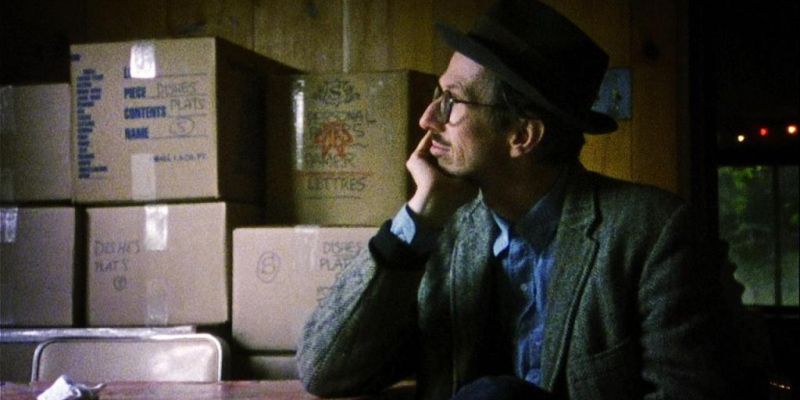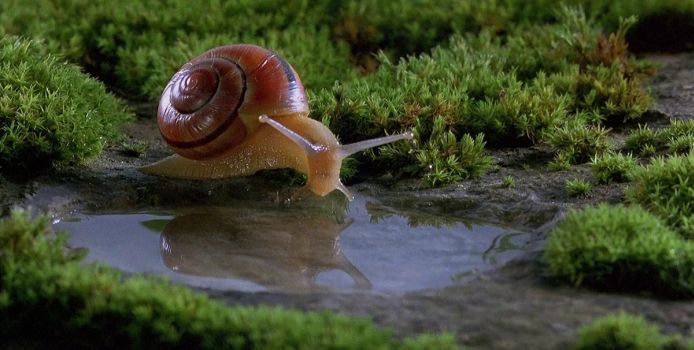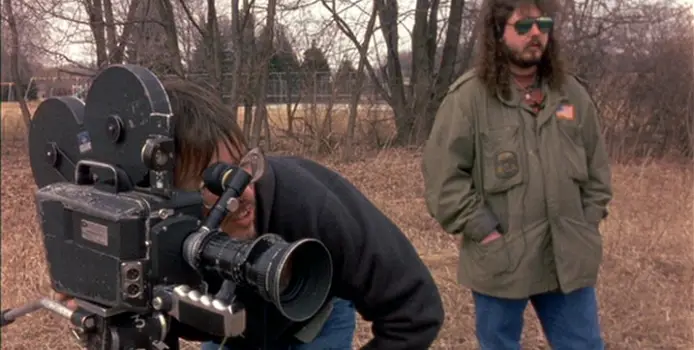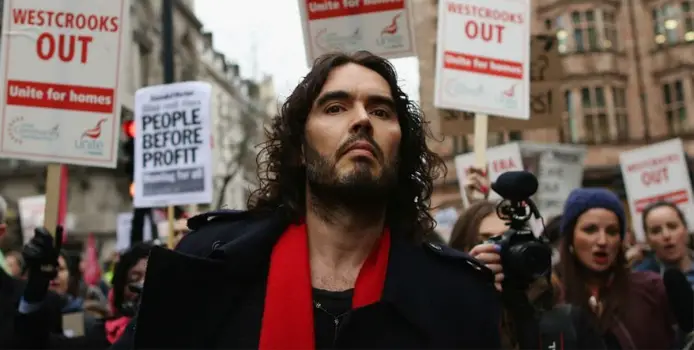documentary
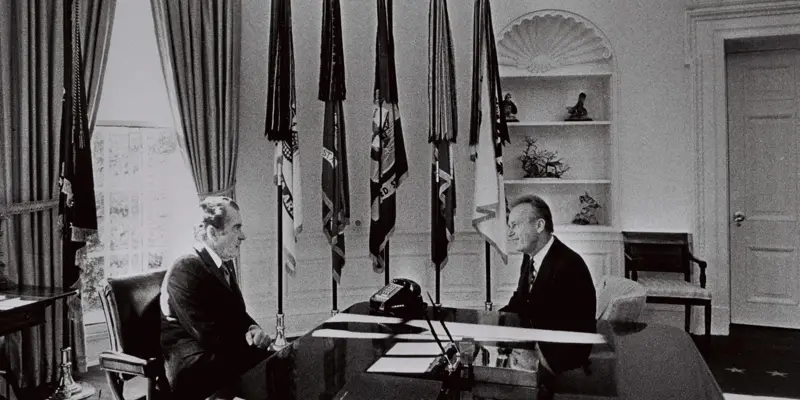
The Israel-Palestine conflict has been an enduring presence in our lives for generations now. Many know little about it, other than that it’s a perpetual and unfortunate situation with little hope for sustained resolution. They are unlikely to add significantly to that knowledge through a viewing of The Prime Ministers Part II:

Unfortunately, in March of this year, we lost the great documentary film-maker Albert Maysles. With his brother David (who died in 1988), they made some quite important and influential documentaries such as Grey Gardens, Salesman and Gimme Shelter. Their style was using direct cinema; following a subject and shooting a ton of footage without any agenda or plotline planned and creating a documentary in post production.
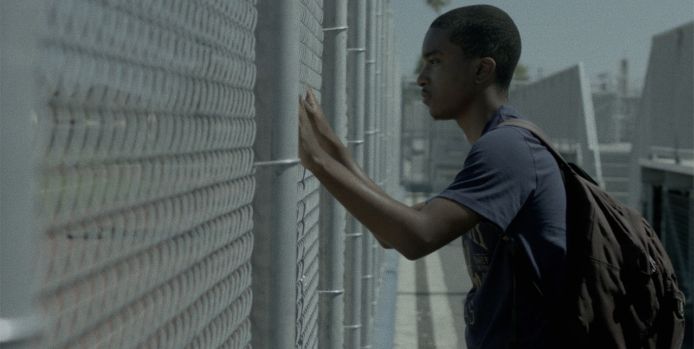
Terrance is a documentary short made by Joris Debeij and forms part of a series of films (I Am Los Angeles) that focus on the stories of people who live in Los Angeles. Terrance documents the life of the young black teenager, Terrance Thompson, his losses, and his resulting depression. All things going to plan, Terrance Thompson will have graduated high school by the time you read this review.

Asif Kapadia isn’t the documentary filmmaker of our times, but he is one of the most timely. In the digital age where all information is online, he manages to make movies comprised almost entirely of footage that can be found on YouTube and somehow turn them into major events in documentary cinema. Since his (ever so slightly overrated) 2011 effort Senna, his style as a documentarian has stubbornly refused to change, yet the way he manipulates archive footage to create something new and horrifying is unparalleled, even if it frequently favours emotional manipulation over creating a deeper look at the self-destructive life of subject Amy Winehouse.
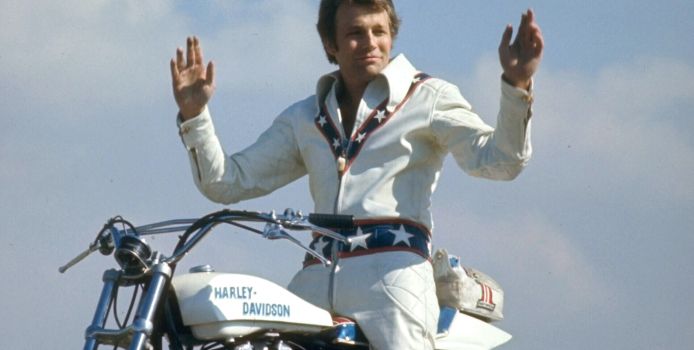
Initially, it seems that I Am Evel Knievel competently weaves archival footage with a range of talking heads. However, the documentary goes to great lengths to embellish a very unlikeable man and omits some of his life’s failings, making it an inferior production to the BBC’s Richard Hammond Meets Evel Knievel, which also has the advantage of featuring the man himself shortly before he died on November 30th 2007. During the 1970s, Evel Knievel was one of the most famous names in America and the world.
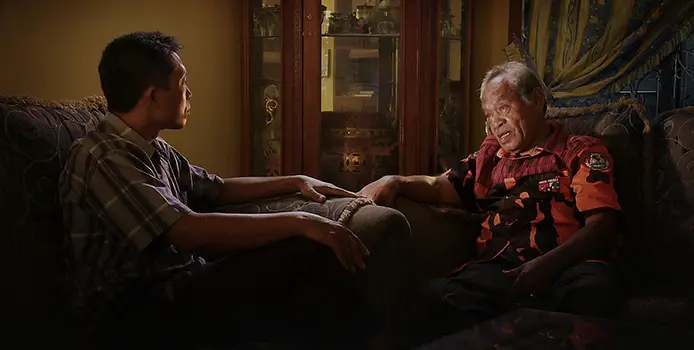
Ignorance truly is bliss. Before watching Joshua Oppenheimer’s harrowing 2012 documentary The Act of Killing, I had no knowledge of the 1965-1966 genocide in Indonesia, which was initially intended on purging “communists” from Indonesian society, but resulted in a million innocent people being massacred. That I could have no awareness of the subject could be blamed on western ignorance – upon receiving the BAFTA for best documentary, Oppenheimer claimed that the UK and US were partly responsible for these atrocities to happen due to their insistence on destroying communism at any cost (a statement that was naturally cut out of the TV broadcast).
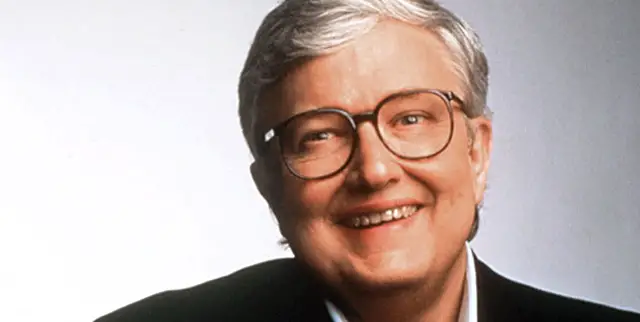
Life Itself is a superlatively crafted documentary that gives a compelling, poignant insight into Roger Ebert, while also delving into the subject of film criticism and its relationships with the film industry. When I want to see a film’s critical reception, I head for Rotten Tomatoes rather than IMDB, because the latter is saturated with fan-boys and uninformed opinion. Rotten Tomatoes introduced me to many different critics who wrote for reputable sources such as The Guardian, The New York Times and The Telegraph, but time and again I was drawn to the small thumbnail image of a white haired, bespectacled man who wrote for the Chicago Sun-Times.

My visit to Auschwitz was more uncanny than overwhelming As a child my eyes used to always glaze over when my father watched what he gleefully called ‘boring black and white documentaries’, it was all he ever put on the television. Despite this, I still had an interest in World War 2, it was the most pivotal moment of the 20th century and so many films have been influenced by the event, however the Vietnam War films of the 70’s and 80’s garnered most of my attention in my early teens. By my late teens however, I found my once average interest burgeoning to the point where I was the one incessantly watching the boring black and white documentaries.

When the majority of people are asked for their opinions on the topic of ‘best film directors’, a usual set of names are mentioned. While individuals will naturally have personal and less predictable choices, there is a good chance that at least one of their suggestions will be from a set of list of collectively-decided greats: Kubrick, Hitchc*ck, Scorsese and the like.

How To Make Money Selling Drugs (2012) is a documentary discussing the lucrative world of drugs and drugs dealing and how people get involved in the world, and, essentially, what should change to make the business less attractive. In a 90-minute feature, director (and melodramatic narrator) Matthew Cooke interviews a multitude of people among which musicians and actors like Curtis Jackson (50 Cent), Susan Sarandon, Woody Harrelson, Marshall Mathers (Eminem), a whole bunch of drug traffickers among which Brian O’Dea and Freeway Ricky Ross, people from the law enforcement, both pro and against the War on Drugs. I went into this movie without any prior knowledge.


